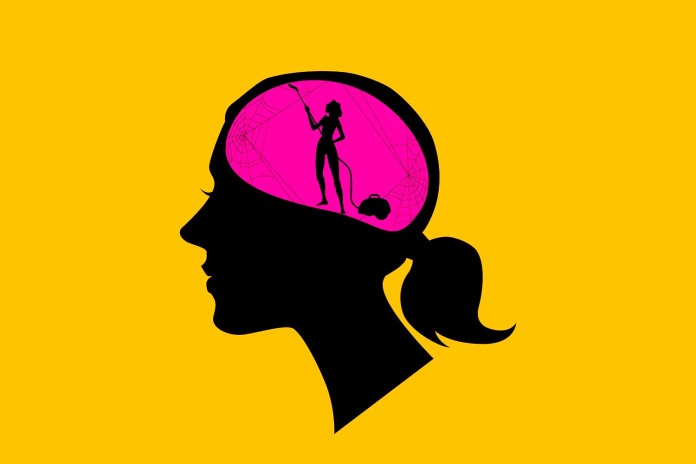
Let’s face it, students have never been a fan of studying. In fact, they rarely study for anything, let alone for exams. Studying becomes less than just an obligation rather than a passion, it becomes so mundane that you just have to get on with it.
Like most of the students, I too sucked at studying. I never had enough time because I usually found it to be quite boring. But now that I had paid for my college program, I have to go with the program. After not having enough marks to pass on to the next level of my semester, I decided to change my approach towards studying from a different perspective. After some time, I found these tips to be quite effective as studying became more fun. It actually helped me get through the boring routines of my study hours and made me learn and memorize more complex theories and complicated equations.
Give it a try, you might find some of these tips really interesting
Giving it a Holistic Learning Approach
Just because I have to learn and memorize something doesn’t actually mean to replicate it. People have been doing it since the advent of learning. Memorizing each and every detail makes it hard to remember and then recall it during an exam.
Instead of doing it the old fashioned way by compartmentalizing each thing that you learn, try to create associations or references with a particular word, diagram, bar chart, symbol etc. Treat your brain like a spider web where it is easy to relocate and interlink pieces of information that you learn.
Mind Maps
Mind map your pieces and bits of information for huge study chapters. Categorize concepts and associate it with images or from your derived words. It helps to remember long boring concepts in a much easier way.
This simple technique unlocks the true potential of your brain activity and harnesses other skills as well. It allows you with the freedom to expand your thoughts and ideas with improved thinking and learning and enhances your recall potential as well.
Question Yourself the Importance of It
While learning any new study, boarder your vision. Question yourself with the implications and importance of your study. Is the information related to your study? How can it benefit you? Will this information relate to other things that you have learned? How can you associate the study with other related stories, references or observations?
Try to critically evaluate the course of your study. Eventually, this would become a habit and you will find yourself remembering complicated information through questions, references, diagrams and ideas which would fit like a bee in your web of understanding.
Treat Your Brain Like a Computer to Recall
Forget everything that you know. Self-test your ability to memorize difficult concepts and then recollect when needed. It is one of the best ways to test your potential to understand, memorize and then recall when you need to bring it to the paper. It provides you with a reality check of your knowledge. Learning something new and then storing it in your brain proves worthy only if you can recall it back.
Recalling pieces of information not only strengthens your brain cells but also provides you with a mental workout to make your leanings and memories stay strong in your brain. Test yourself to learn the power of recall, practice it out two or three times until you are perfect at it. Once you’re a pro at it, the next thing you’ll know to recall boring lectures in no time as you would be able to easily translate your brain memories and recall them during exams.
Visualize or Treat it with a Song
While taking notes during a boring lecture, visualize and draw diagrams which are associated with the lecture. Try to draw creative diagrams like bar charts to explain long complicated theories. Like for economics, visualize the relationship between different variables and factors. Try to understand the relationship between them and then draw them out in your own way.
You can also pick out a particular favorite song and while learning any complicated theorem or a past event from history, sing it out loud in the form of your favorite song. This way, you can easily remember and then recall it in an exam. Remember, your brain can easily recall any complicated pieces of information when you have linked or referenced it with a particular idea or a song in that regard.
Give these tips a try and find out how effective they can be in your case. Ultimately it isn’t just about passing your exams, it’s about understanding it to play it to your advantage. Make your studies dance to your tune, not the other way round.

















